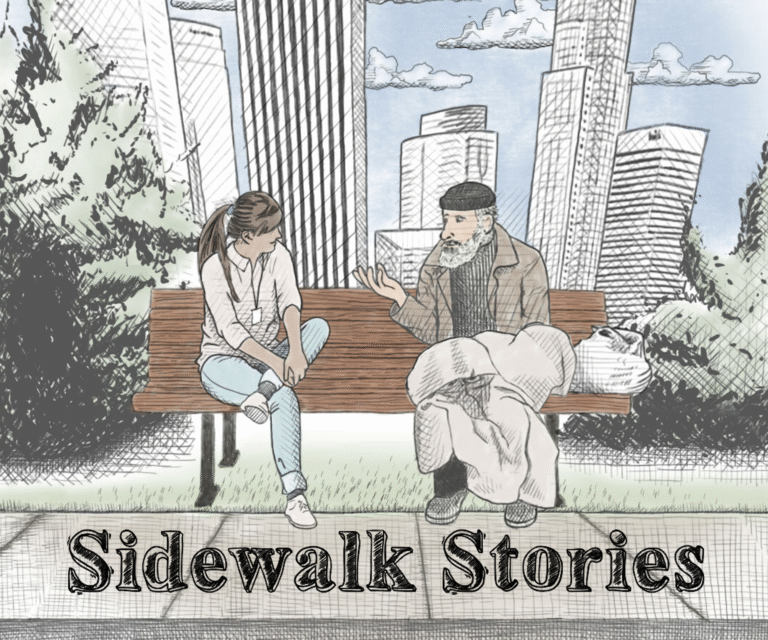Welcome to
DMH + UCLA
PMHP
Innovation to Achieve Excellence in Engagement and Care for the Most Vulnerable Mentally Ill
Our Mission
In partnership with the Los Angeles County Department of Mental Health, the Public Mental Health Partnership (PMHP) at UCLA aims to realize a vision for excellence in care for vulnerable populations that incorporates typically marginalized perspectives and builds capacity to foster health equity.
Team-focused consultation and technical support that help providers translate evidence into practice
Partnered engagement with leadership to help build data systems and policies that advance system-wide equity and quality
Training Collaboratives and Learning Pathways that teach core curricular topics integral to the delivery of high-quality care

When we began to think about what we could achieve with PMHP, I thought of the amazing work of the peers, social workers, and nurses on my former Assertive Community Treatment team. I saw how they supported one another, gave their all for their clients, and found creative ways to serve and stay upbeat. I thought: how can we create contexts where mental health providers feel cared about and enlivened? I vowed to practice hopefulness and perseverance – and to never lose readiness to make all we can of the opportunity to support Los Angeles providers.
–Elizabeth Bromley, Director
PMHP Supports
FSP Teams
FSP (Full Service Partnership) teams are clinic-based, field-capable multidisciplinary teams that provide an intensive level of service to individuals with severe mental illness and other vulnerabilities.
PMHP delivers core and specialized trainings to FSP teams in an annual conference, day-long trainings in every service area, and in multi-session learning collaboratives as well as curates a curriculum of online trainings and creates tailored tools, guides, resources, and learning experiences to match the need of FSP teams.
PMHP Supports HOME Teams Across the County
The HOME (Homeless Outreach & Mobile Engagement) program serves disengaged and
difficult-to-engage persons experiencing homelessness needing intensive mental health support
to gain housing stability.
HOME’s street-based mental health teams conduct assertive street-based engagement and treatment in coordination with the overall Los Angeles County Homeless Initiative strategy (www.homeless.lacounty.gov).
PMHP provides core trainings to all homeless outreach teams in Los Angeles County and creates specialized trainings for HOME teams.
PMHP creates tools and guides to advance practices on HOME teams and organizes unique opportunities (such as site visits and shadowing) to facilitate knowledge exchange.
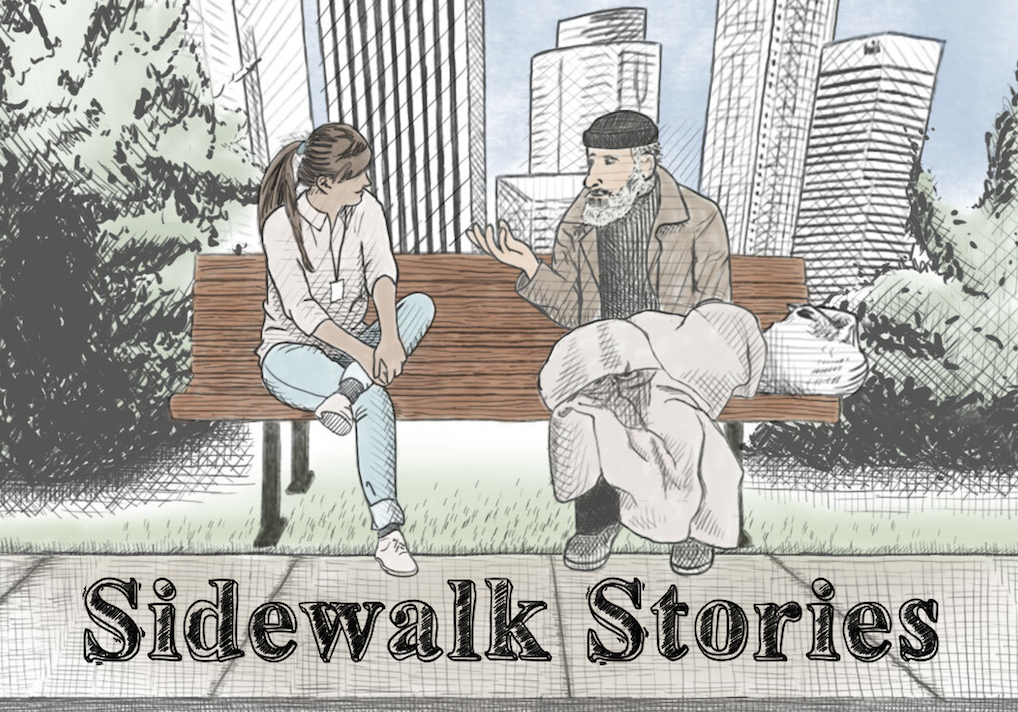
Listen to Our New Podcast Series: SIDEWALK STORIES
Inspired by the stories of those in service to people experiencing homelessness in Los Angeles
New episodes every Tuesday
Upcoming Trainings
Select a training to register on the Wellbeing for LA Learning Center
Learn more about the UCLA Semel Institute
- The Jane and Terry Semel Institute for Neuroscience and Human Behavior at UCLA is an interdisciplinary research and education institute devoted to the understanding of complex human behavior, including the genetic, biological, behavioral and sociocultural underpinnings of normal behavior, and the causes and consequences of neuropsychiatric disorders.
PMHP Team

Nancy Aréchiga, MBA
Associate Administrative Director

Nancy Aréchiga, MBA
Associate Administrative Director
She began her tenure with UCLA Health in 2016. She has served as PMHP's Associate Administrative Director since early 2019 - near its inception. As a member of the PMHP operations team, she co-leads strategic initiatives, directly supports PMHP leadership, serves as a hiring manager, and provides direct supervision to administrative and analyst staff members. She strongly believes that a company's most valuable asset are its people, so she works to ensure that PMHP staff feel supported and heard.

Veronica Barajas
Program Evaluator

Veronica Barajas
Program Evaluator

Nicole Becker, PsyD
Lead Community Mental Health Trainer

Nicole Becker, PsyD
Lead Community Mental Health Trainer
Originally from California’s Central Coast, Dr. Becker earned her Doctorate in Clinical Psychology with an emphasis in Forensics from Alliant International University in San Diego. Her professional background includes leadership roles with the Santa Barbara County Department of Behavioral Wellness and Family Health Services Behavioral Health in Idaho. She has extensive expertise in Assertive Community Treatment (ACT) model implementation, multidisciplinary team leadership, and recovery-oriented service delivery.
Dr. Becker is licensed to practice psychology in California and Idaho. She is passionate about advancing workforce development and training initiatives that strengthen community mental health systems, promote equitable access to care. Her professional interests include forensic psychology, community-based interventions, crisis response, and integrated behavioral health service delivery.

Jessica Bluestone, MA
Program Evaluator/Research Analyst

Jessica Bluestone, MA
Program Evaluator/Research Analyst

Elizabeth Bromley, MD, PhD
Director

Elizabeth Bromley, MD, PhD
Director
Dr. Bromley earned her BA from Rice University in 1993 and received her MD and MA in the History of Health Sciences from the University of California, San Francisco. She completed residency and a chief residency in Adult Psychiatry at Columbia University and the New York State Psychiatric Institute. Dr. Bromley was a UCLA/VA Robert Wood Johnson Clinical Scholar from 2004-06. She completed her PhD in Anthropology in 2008.

Danielle Cameron, LCSW
Community Mental Health Trainer

Danielle Cameron, LCSW
Community Mental Health Trainer

Rosalinda Cárdenas, MPA
Administrative Director

Rosalinda Cárdenas, MPA
Administrative Director

Adrian Cruz
Administrative Specialist

Adrian Cruz
Administrative Specialist

Isabela Cruz
Administrative Specialist

Isabela Cruz
Administrative Specialist

Lisa Davis, PhD
Associate Director

Lisa Davis, PhD
Associate Director

Caroline Diehl, PhD
Technical Assistance Core Lead

Caroline Diehl, PhD
Technical Assistance Core Lead

Samantha Eisert
Graduate Student Researcher

Samantha Eisert
Graduate Student Researcher

Danielle Farmer, MSEd, LCSW
Lead Community Mental Health Traininer

Danielle Farmer, MSEd, LCSW
Lead Community Mental Health Traininer

Isabel Garcia-Hernandez
Administrative Specialist

Isabel Garcia-Hernandez
Administrative Specialist

Yanina Gori, PhD
Lead Community Mental Health Trainer

Yanina Gori, PhD
Lead Community Mental Health Trainer

Sabrina Izquierdo
Administrative Specialist

Sabrina Izquierdo
Administrative Specialist

Alexandria Johnson
Administrative Assistant
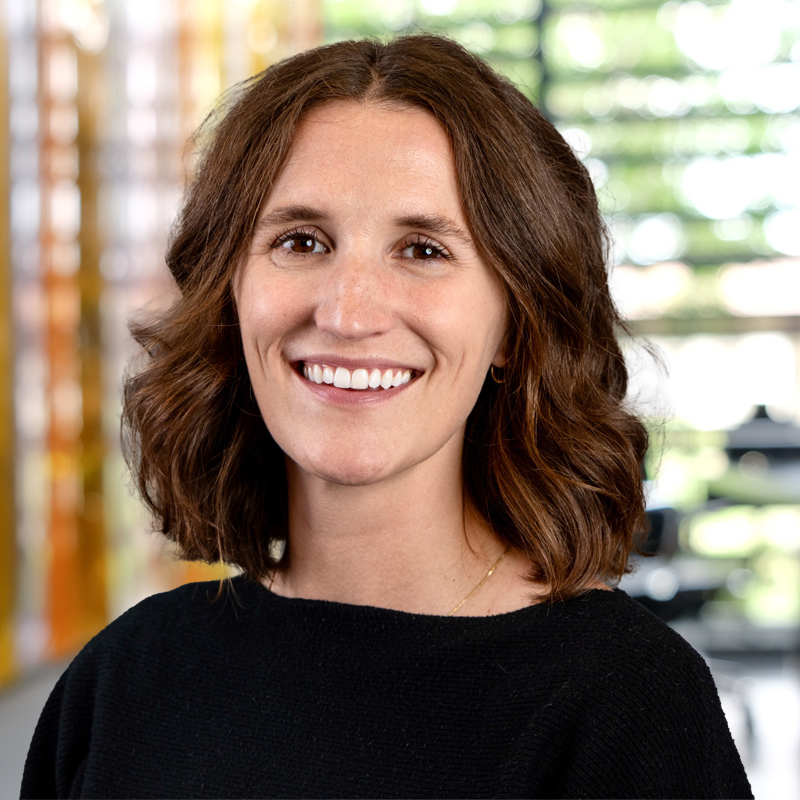
Harper Long, MSW, MPH
Clinical Quality Analyst

Harper Long, MSW, MPH
Clinical Quality Analyst

Elizabeth Mackey, LMSW
Director of Training

Elizabeth Mackey, LMSW
Director of Training

Joseph Mango, MFA
Media Director

Monica Martin, LCSW
Clinical Quality Analyst

Monica Martin, LCSW
Clinical Quality Analyst
Prior to joining her current role, Monica served for three years as Program Manager for Idaho’s ACT Center of Excellence, where she provided statewide leadership, training, and technical assistance to ACT teams. Her professional background includes long-standing clinical and leadership roles within ACT programs in Idaho. Monica holds a Master of Social Work degree and is a Licensed Clinical Social Worker.
Monica is passionate about strengthening community-based mental health systems and supporting teams in delivering recovery-oriented, evidence-based care through high-quality ACT services.

Michael McCreary, MPP
Data Analyst

Michael McCreary, MPP
Data Analyst

Rick Orlina, PhD
Lead Data Analyst

Rick Orlina, PhD
Lead Data Analyst

Vanessa Porea, LPC
Lead Community Mental Health Trainer

Vanessa Porea, LPC
Lead Community Mental Health Trainer
Vanessa is both a professional and a peer who believes in connection within community. In addition to her work on PMHP, Vanessa serves on the Advisory Council for Don’t MiND Me and the Next Gen Advisory Council for Didi Hirsch Mental Health Services. She also partners with This Must Be The Place, handing out free naloxone at various music festivals and events across the country.

Abhi Ramesh, PhD, MPH
Data Analyst

Abhi Ramesh, PhD, MPH
Data Analyst

Abigail Riley
Evaluation Support Analyst

Abigail Riley
Evaluation Support Analyst

Jon Rowe
Community Mental Health Trainer

Teague Ruhter
Project Policy Analyst
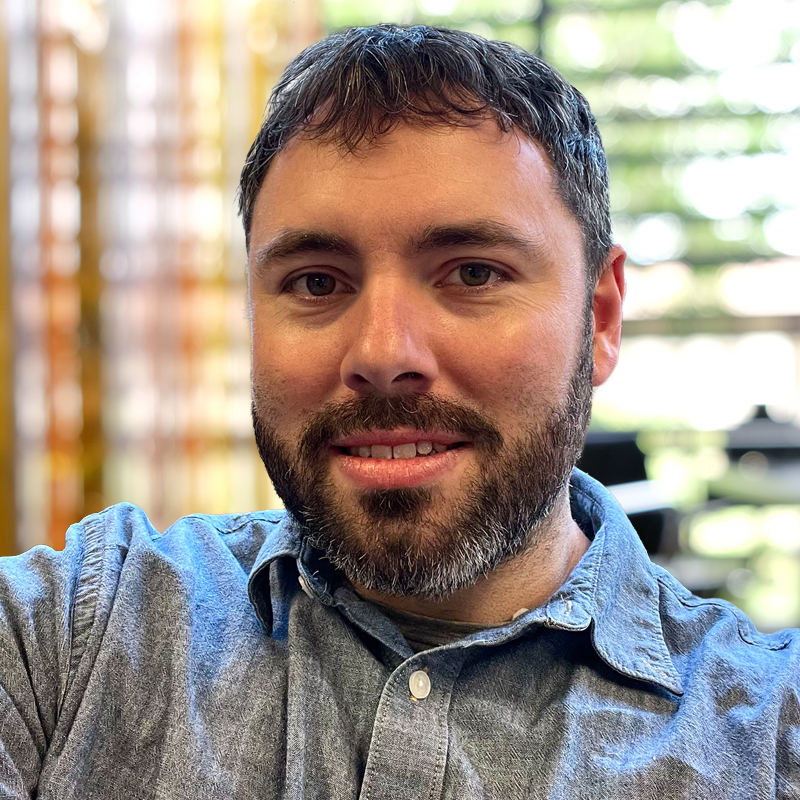
Noah Saczawa
Clinical Quality Analyst

Sara Sameni, PhD, MSHA
Policy Research Scientist

Sara Sameni, PhD, MSHA
Policy Research Scientist
Her work focuses on mental health policies, the intersection of homelessness with health policy, and community-based research. Currently, she contributes to program evaluation and implementation projects such as the Outpatient Conservatorship (OPC) Program, where she conducts policy analysis to strengthen mental health service systems, and the Interim Housing Outreach Program (IHOP), where she contributes to evaluation and implementation efforts. Additionally, Dr. Sameni supports the HOME Program, aimed at addressing housing and health disparities.
Employing mixed methods research and a collaborative approach, Dr. Sameni strives to develop evidence-based solutions to improve health outcomes. Her expertise is widely recognized through her publications, conference presentations, and contributions to advancing public health and health policy.

Kenny Sim
Information Technology Specialist

Chelsea Simms, LCSW
Lead Community Mental Health Trainer

Chelsea Simms, LCSW
Lead Community Mental Health Trainer
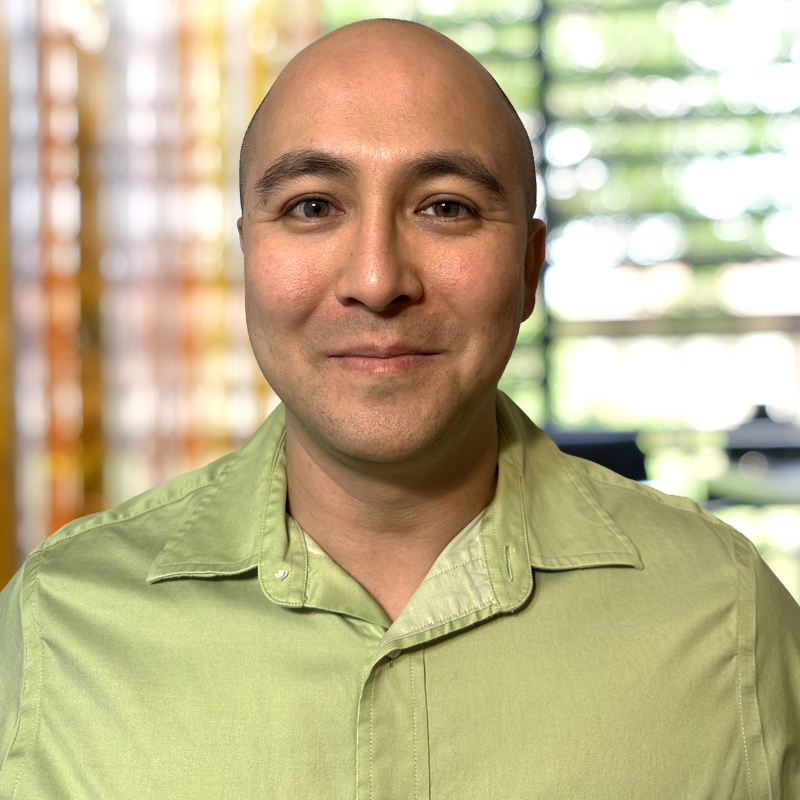
Lee Spriggs
E-Learning Specialist
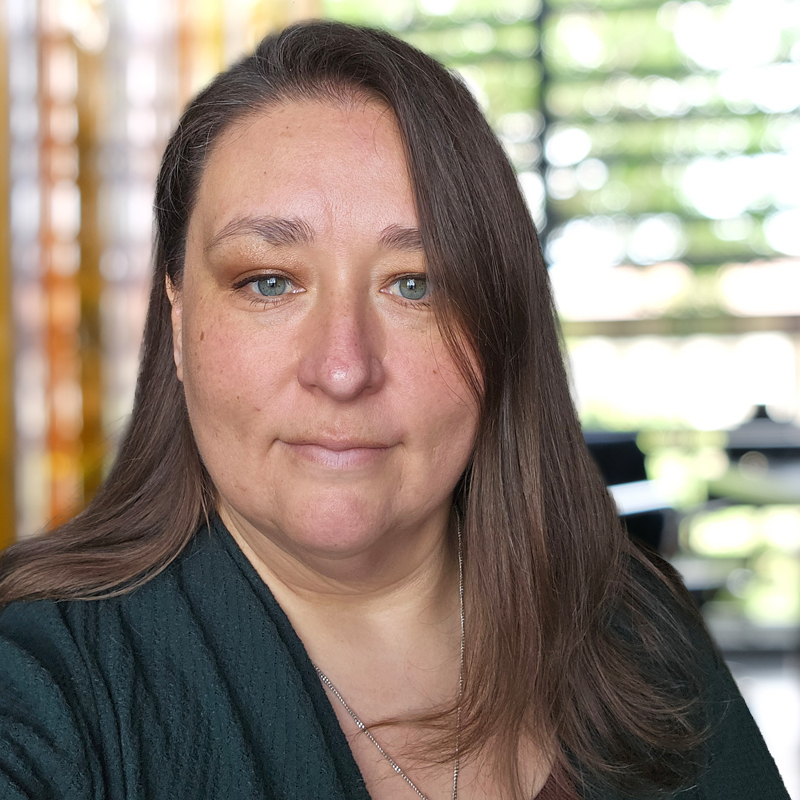
Jessica Werst, LCSW
Clinical Quality Analyst

Jessica Werst, LCSW
Clinical Quality Analyst

Madina Wardak, MSW, ACSW
Community Mental Health Trainer

Madina Wardak, MSW, ACSW
Community Mental Health Trainer
Being a child of Afghan refugees, Madina advocates for refugee and immigrant mental health, serving as a facilitator and coordinator with the Afghan American Community Organization since 2015. Utilizing a culturally humble lens and pulling from her own lived experience, she has curated various workshops on identity, mental health, substance abuse, intergenerational trauma, and epigenetics.
Since the withdrawal of American troops from Afghanistan, she has trained social service agencies serving Afghan refugees. From 2018 to 2024, Madina served as a clinical case manager and advocate for transitional-aged youth across LA County experiencing housing instability. Madina is passionate about healthcare equity, combatting Islamophobia, reframing the paradigm of substance abuse, and utilizing both Eastern and Western approaches to wellness.

Joanne Yang, MPH
Data Analyst/Program Evaluator

Joanne Yang, MPH
Data Analyst/Program Evaluator
Suicide & Crisis Lifeline
If you or someone you know is in crisis, call or text 988
National Disaster Distress Helpline:
In distress because of a natural or human-caused disaster?
Call for immediate counseling 24/7 at
1-800-985-5990 Or text TalkWithUs to 66746
(English/Spanish 24/7)
©2026 UCLA Public Mental Health Partnership







